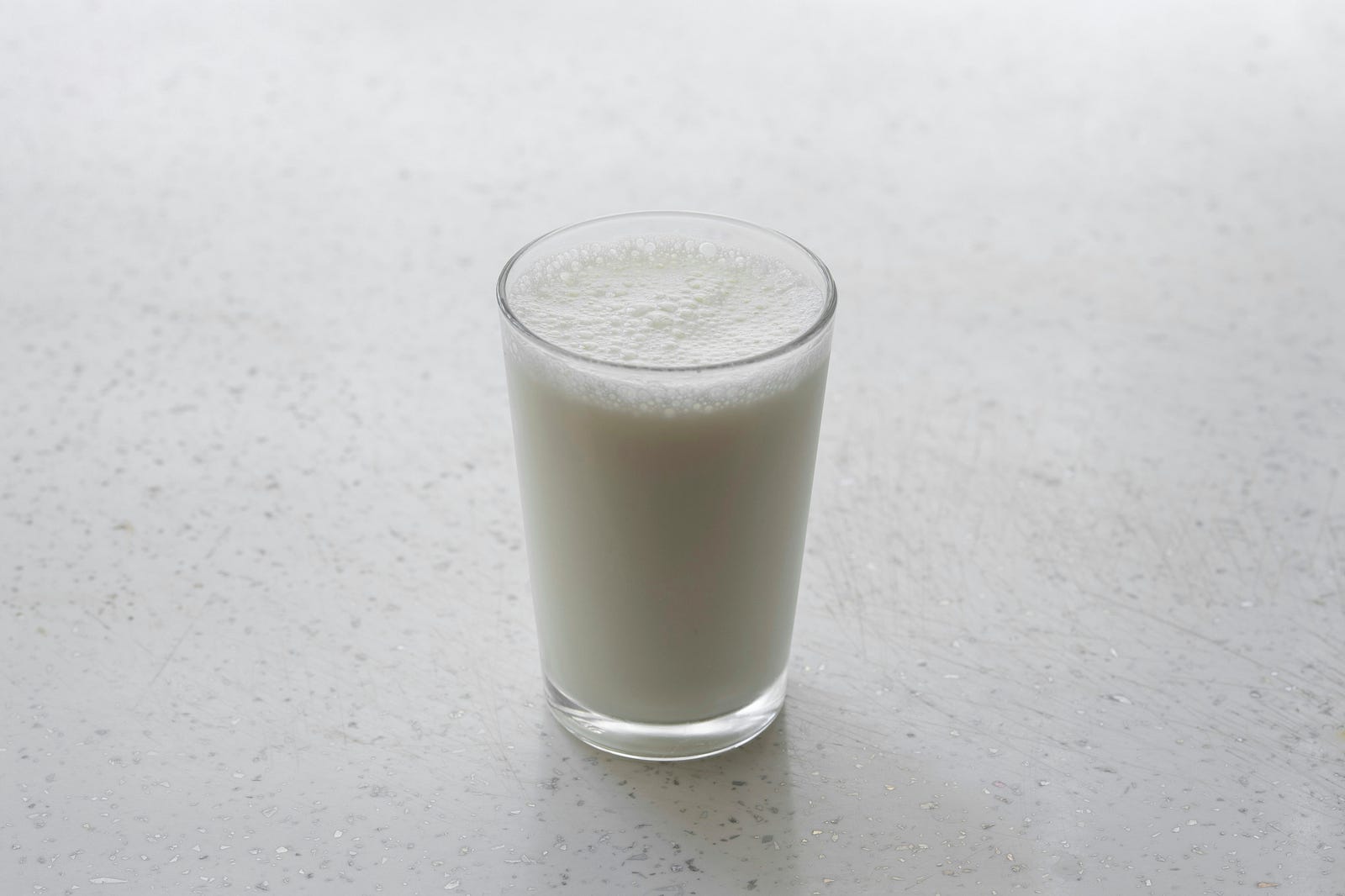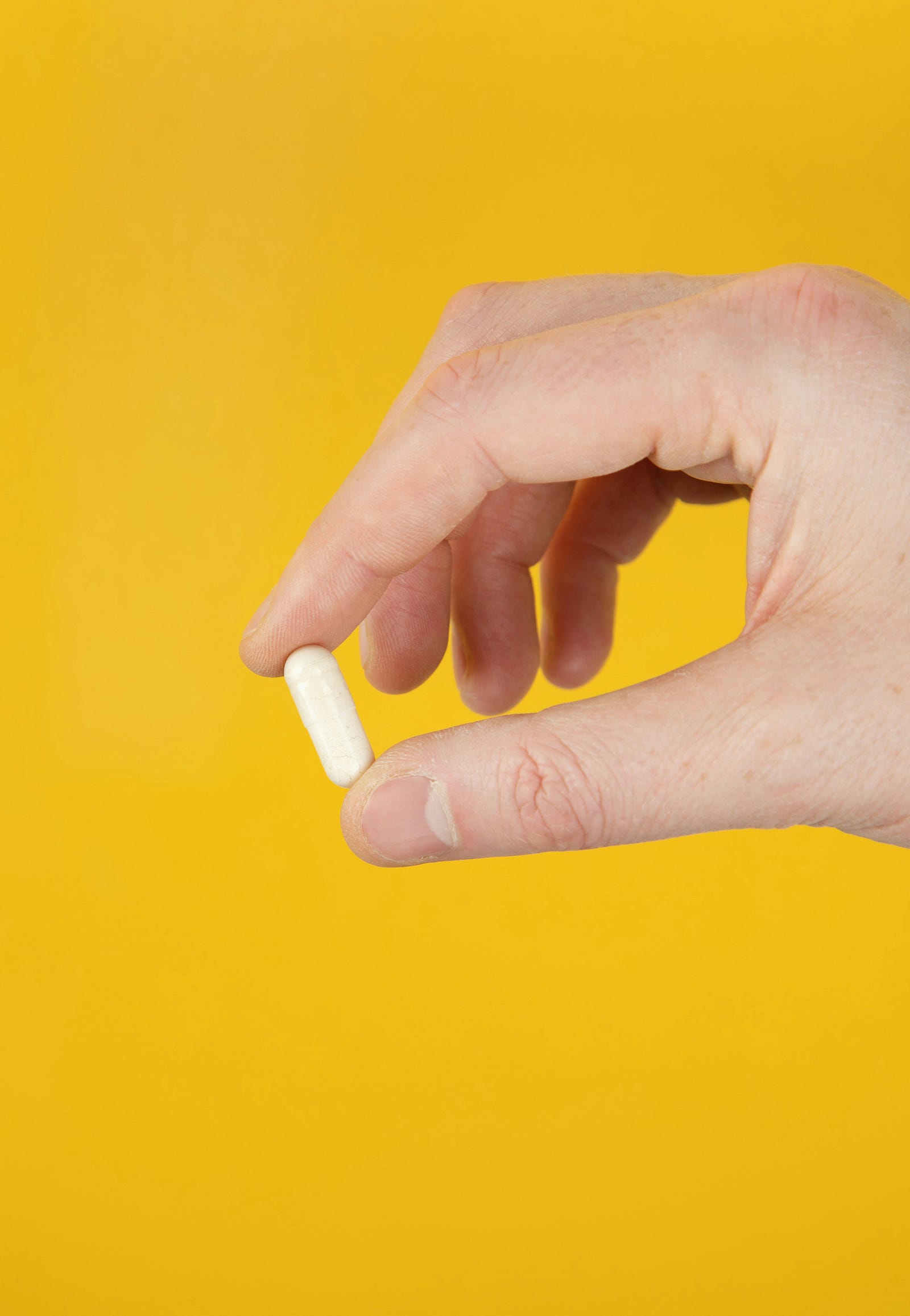MANY OF US ARE ATTRACTED TO THE ALLURE of bolstering our health through convenient supplements. Today, I will shed light on vitamin D supplements: What you need to know to stay safe. Vitamin D: Yea or nay?
Vitamin D supplement stories get my attention.
After all, I live in a decidedly not sun-drenched region (Seattle).

Moreover, I am a physician devoted to helping individuals with cancer. Low vitamin D has been associated with a higher risk of colon and breast cancer, respectively.
But you are about to shout at me: Association is not causality!
Vitamin D Basics
Vitamin D is an essential nutrient that plays a crucial role in maintaining strong bones and teeth and supporting the immune system, muscle function, and overall health.
The body naturally produces vitamin D when the skin is exposed to sunlight, but it can also be obtained through certain foods and supplements.
Despite this, many people worldwide are still deficient in vitamin D, which can lead to various health problems.
Vitamin D and Colorectal Cancer
Low blood levels of vitamin D are associated with chronic diseases.
For example, a pooled analysis of seven randomized trials concluded this:
There was a clinically meaningful benefit of vitamin D supplementation on outcomes for those with colon or rectal cancer.
You know the problem with telling folks to start taking vitamin D: We don’t know if this association between poor vitamin D levels and a higher colorectal cancer mortality rate is causal.
Vitamin D, heart attack, and stroke
I am going to start with a single-question quiz.
What is the most likely outcome if an adult takes moderate or high-dose vitamin D supplements (at least 1,000 IU daily)?
A. Reduced heart attack risk
B. Reduced stroke risk
C. Lower chance of dying of cardiovascular disease
D. All of the above
E. None of the above.
If you guessed E, that’s a bingo!

This finding aligns with the U.S. Preventive Services Task Force’s observation that there is “insufficient evidence to recommend adults take vitamin D or any other supplement to prevent cardiovascular disease.”
Vitamin D and Bone Integrity
Surely, vitamin D supplements are vital for bone health, right?
Not so fast. There is growing evidence that higher intakes of the vitamin do not reduce the risk of bone fractures or falls.
From an extensive clinical trial dataset, researchers discovered this:
Daily doses of supplemental vitamin D did not significantly reduce total bone fractures, nonvertebral fractures, or hip fractures.
Furthermore, their analysis revealed no discernible variances in the impact of vitamin D on fractures across different racial or ethnic groups, body mass indexes, or age categories.
Researchers did not select subjects for vitamin D deficiency.
New Study
The Women’s Health Initiative study began three decades ago.
Now that we have extended follow-up, we are getting more clues about the long-term value of randomization to calcium and vitamin D supplements on older women’s health.

The study randomly assigned women to take 1000 mg of calcium carbonate (400 mg of elemental calcium) with 400 IU of vitamin D3 daily or a placebo.
More Study Details
The study followed 36,282 women for about 20 years after taking the vitamin D supplements, even though the initial trial only lasted seven years.
This means researchers looked at what happened to the participants from the time they started taking the supplements until the end of 2023, two decades after they stopped taking them.
Women’s Health Initiative Study Results
Here are the takeaway messages:
- Women assigned to vitamin D and calcium had a small (a relative seven percent) reduction in cancer mortality (after a median follow-up of 22.3 years). This drop in risk was primarily driven by colorectal cancer.
- Women assigned to vitamin D and calcium had a small (a relative six percent) increase in cardiovascular mortality.
- There were no differences in other measures, including all-cause mortality.

In other words, there was a very small drop in cancer mortality. However, a similar increase in the risk of dying of cardiovascular disease accompanied the cancer improvement.
These small opposing changes translated to no change in the risk of premature death.
One more thing: The VITAL study also showed that supplementation is associated with a lower risk of autoimmune conditions.
Supplementation Outside of the Trial
It does not surprise me that people who had already consumed vitamin D supplements outside of the study had higher initial vitamin D levels in their bodies.
Those supplementing outside the clinical trial had blood vitamin D levels of 54.5 nmol/L compared to 32.8 nmol/L for those not supplementing.
Why?
It may be the supplements. Alternatively, those taking supplements tend to engage in other healthy behaviors.
The researchers narrowed their analysis to those not using outside supplements to understand this question better.

In theory, these folks should benefit most from vitamin D supplements if they are effective.
Indeed, among those not using supplements outside the trial, supplementation appeared associated with a relative 11 percent drop in cancer incidence.
However, this decrease did not reach statistical significance.
How Many Were Deficient Before Starting?
I know what you are thinking.
About three in four women not taking supplements entered the study with vitamin D levels below 50 nmol/L. This amount qualifies as a deficiency, according to the study authors.
The study did not offer outcomes stratified by baseline vitamin D levels.
My Thoughts – Vitamin D: Yea or Nay?
For the typical woman, vitamin D supplementation does not improve mortality.
There are signals that supplements might slightly reduce the chances of developing particular cancers.
On the downside, supplementation may slightly increase the risk of heart disease, perhaps through heart artery calcification.

I don’t know that there is anything actionable. Someday, we may recommend vitamin D supplements for those at high risk for colorectal cancer.
Finally, the current study did not address how vitamin D interacts with other nutrients , such as vitamin K and magnesium.
Are You At Higher Risk?
Some of us have a higher risk of vitamin D deficiency.
Here are the numbers for vitamin D deficiency, stratified by risk:

Other risk factors for vitamin D deficiency include:
- Aging
- Allergies
- Underlying conditions, including Crohn’s disease and celiac disease
- Limited sun exposure
- Dietary restrictions
- Obesity
- Extended breastfeeding.
Get Enough, But Not Too Much
As researchers continue exploring the implications of vitamin D supplementation, I will ensure that I get at least 800 IU of vitamin D daily.
The National Academy of Medicine recommends a daily intake of 600 IU of vitamin D (mostly from foods) for people ages 1–70 and 800 IU for those ages 71 and older.

I aim for slightly more. After all, my skin is darker, and I am less likely to make lots of vitamin D after sun exposure.
I get as much of my vitamin D as possible from food.
Note: Consuming over 4,000 IU daily is considered mega-dosing and could lead to adverse effects, including high calcium levels in the blood or kidney stones.
Food Sources of Vitamin D
Here are some vitamin D-rich diet options:
- Cod liver oil
- Salmon
- Swordfish
- Tuna fish
- Orange juice fortified with vitamin D

- Dairy and plant milks fortified with vitamin D
- Sardines
- Beef liver
- Egg yolk
- Fortified cereals
Direct exposure of your skin to sunlight for 15 minutes a few times weekly may give you a nice boost.
But not in the Seattle winter!
One More Thing – Vitamin D: Yea or Nay?
Getting rays in your sunny office or while drinking in a car won’t elevate your vitamin D levels.
Window glass blocks UVB ultraviolet light.
Vitamin D
Vitamin D is both a nutrient and a hormone our bodies make. It is a fat-soluble vitamin that has long been known…www.hsph.harvard.edu
Thank you for reading “Shedding Light on Vitamin D Supplements: What You Need to Know to Stay Safe.”




